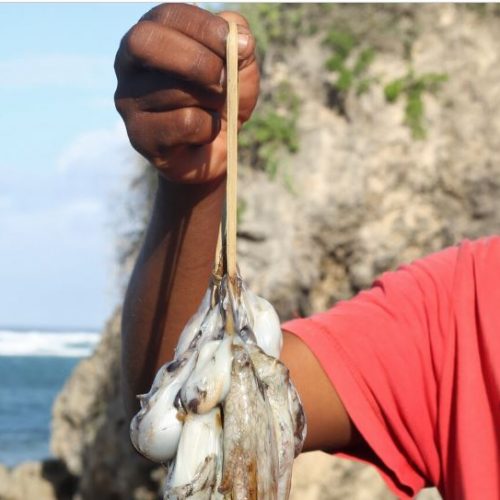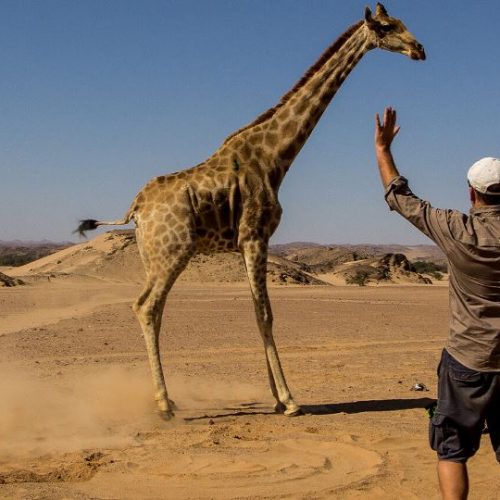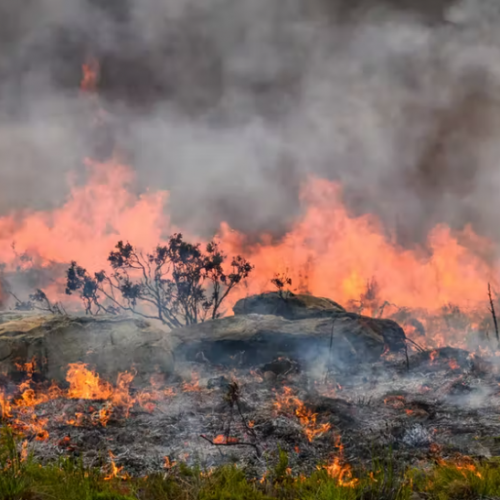Kenyan Fishers Put New Twists On An Age-old Marine Conservation System
Over the past two decades Kenyan fishing communities have been setting up no-fishing zones called tengefus, Swahili for “set aside.” The idea was inspired by the fishing habits of their forebears, who prior to colonization established seasonal fishing closures to ensure plentiful harvests. Today there are 22 tengefus in various stages of development in the country, some more successful than others.
Where Are the Giraffes Hiding? Predictive Tracking Tech Points the Way
Researchers have combined tagging technology, satellite data and machine learning to create a model that predicts the potential locations of unknown populations of reticulated giraffes in Africa.
The model also predicts suitable habitats where giraffes could be moved to for conservation purposes. Reticulated giraffes are endangered, with their populations declining due to habitat loss triggered by deforestation, urbanization and agricultural expansion.
South African Media Treat Fire As Foe – Its Ecosystem Benefits Get lost In the Blaze
Scientists’ involvement in media reporting on fire leads to more nuanced and balanced messages. It can reduce fear and create appreciation of fire’s benefits. However, we found that scientists’ voices weren’t well represented in the media. This limits their influence over public opinion and policy development.
175 Nations to Agree on 'Historic' Plastic Pollution Treaty
The vast majority of the world's countries agreed Wednesday to forge a legally-binding global treaty restricting plastic pollution, in a move one official said demonstrated "multilateral cooperation at its best."
Negotiators representing 175 nations met over the past week in Nairobi, Kenya to discuss a joint proposal originally presented by Rwandan and Peruvian representatives.



